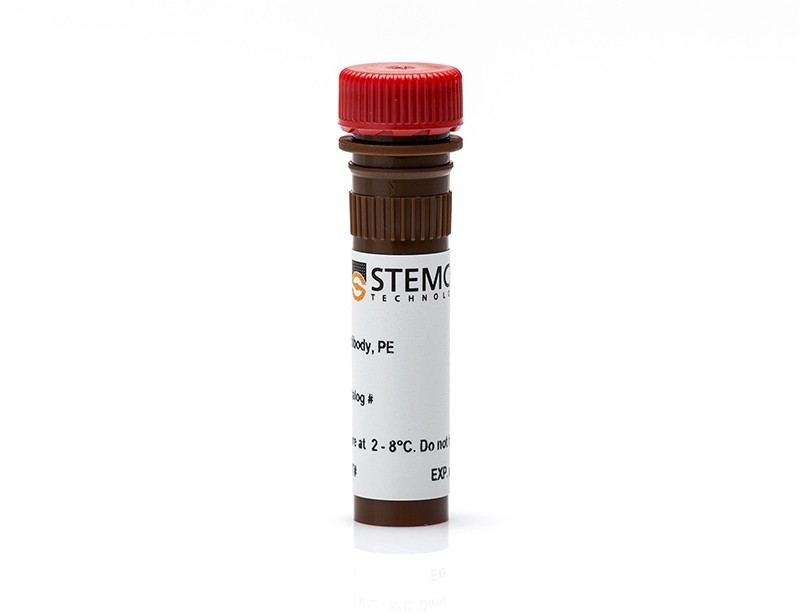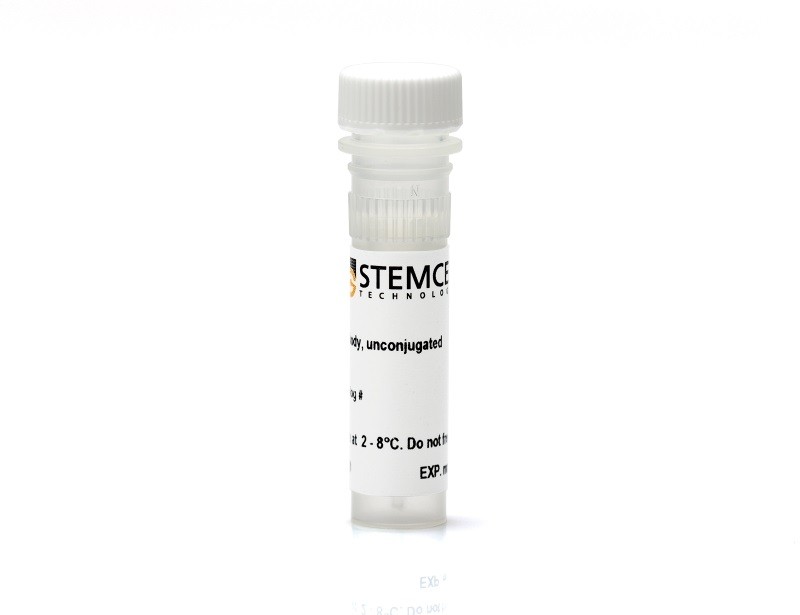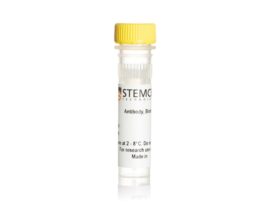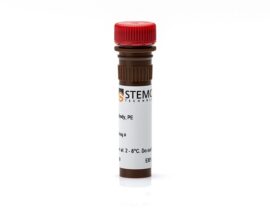


Overview
The UC10-4F10-11 antibody reacts with an extracellular epitope on mouse CD152 (CTLA-4), a type I transmembrane glycoprotein receptor expressed on the surface of activated T and B cells and thymocytes. CD152 comprises a disulfide-linked homodimer of ~35 kDa subunits and is a member of the immunoglobulin protein superfamily. It functions as an antagonistic homolog of CD28 by binding the CD28 co-stimulatory ligands, CD80 and CD86. CD152 thereby acts to inhibit CD28-mediated stimulation during the early stages of T cell expansion. It also contributes to the suppressor function of T regulatory cells. CD152 has important roles in immunological tolerance and immunity, and mutations in its cognate gene have been associated with certain autoimmune disorders.
Subtype: Primary Antibodies
Target Antigen: CD152 (CTLA-4)
Alternative Names: CTLA-4, Cytotoxic T lymphocyte-associated antigen-4, Ly-56
Reactive Species: Mouse
Conjugation: APC; PE; Unconjugated
Host Species: Hamster
Cell Type: T Cells, Other Subsets
Application: Flow Cytometry; Functional Assay; Immunoprecipitation
Clone: UC10-4F10-11
Gene ID: 12477
Isotype: IgG1, kappa









